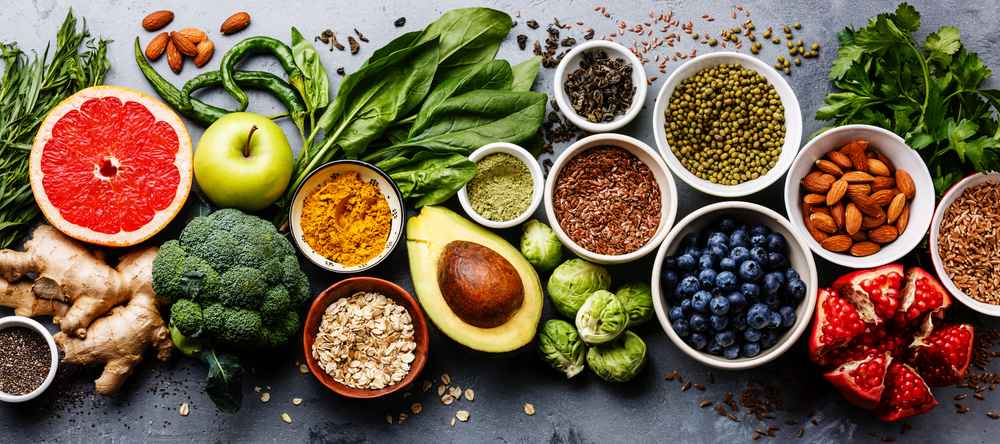New research has revealed that vegetarian and vegan consumers are unhappy with the lack of product options.
Almost half of vegans and a quarter of vegetarians are dissatisfied with the choice of food products available to them, according to specialist PR agency, Ingredient Communications, which commissioned market research experts Surveygoo to conduct an online survey of 1,000 consumers (500 each in the UK and US).
Overall, four per cent said they were vegan, although this figure was higher in the US (six per cent) and among 18-24-year olds (13 per cent). A further four per cent were vegetarian, with three per cent describing themselves as pescatarian.
The survey also suggests that large numbers of consumers are planning major changes to their diets over the coming year. Three in five vegetarians (60 per cent) are considering becoming vegan. This trend was considerably higher in the US, where 90 per cent said they were considering veganism, as opposed to 33 per cent in the UK. More than four in 10 meat-eaters (42 per cent) intend either to reduce their meat consumption or stop eating meat altogether.
Yet, despite both vegetarianism and veganism becoming more popular, almost half the vegans surveyed (46 per cent) said they were dissatisfied with the choice of suitable food and beverage products available to them. Although vegetarians were more likely to be happy, 23 per cent said they were dissatisfied with product choices.
Richard Clarke, Founder and Managing Director of Ingredient Communications, commented: “Our research indicates the scale and pace of the shift towards vegetable-based diets. Whatever the reason for their choices – ethical, environmental or health-related, many consumers expect the food industry to do more to keep up with them. For manufacturers of both finished products and ingredients, it’s clear that there are rewards for putting greater focus on the needs of vegans and vegetarians.”
Interestingly, dissatisfaction with product choice was particularly high in the US, where 50 per cent of vegans said they were not happy with the options available to them, versus 36 per cent in the UK. Similarly, American vegetarians were more likely to be dissatisfied with the range of suitable product options (31 per cent), compared to 15 per cent in the UK. One reason for this could be that American consumers have higher expectations of product availability.
“The merger of two related tracks are likely to be contributing to these trends,” commented Dr Mark JS Miller, Principal of Kaiviti Consulting. “One is the trend of expected convenience, where I can get what I want when I want it, which has been fuelled by the Amazon phenomenon. The other trend is the desire for personalised health choices. Neither trend is likely to abate and so this level of dissatisfaction amongst American vegans and vegetarians is likely to continue until the market is nimble enough to adjust to the demands.”
When asked which factors had influenced their decision, 69 per cent of vegans and 64 per cent of vegetarians cited animal welfare. The next most common factor was concerns about health, which was chosen by 48 per cent of vegans and 54 per cent of vegetarians.



